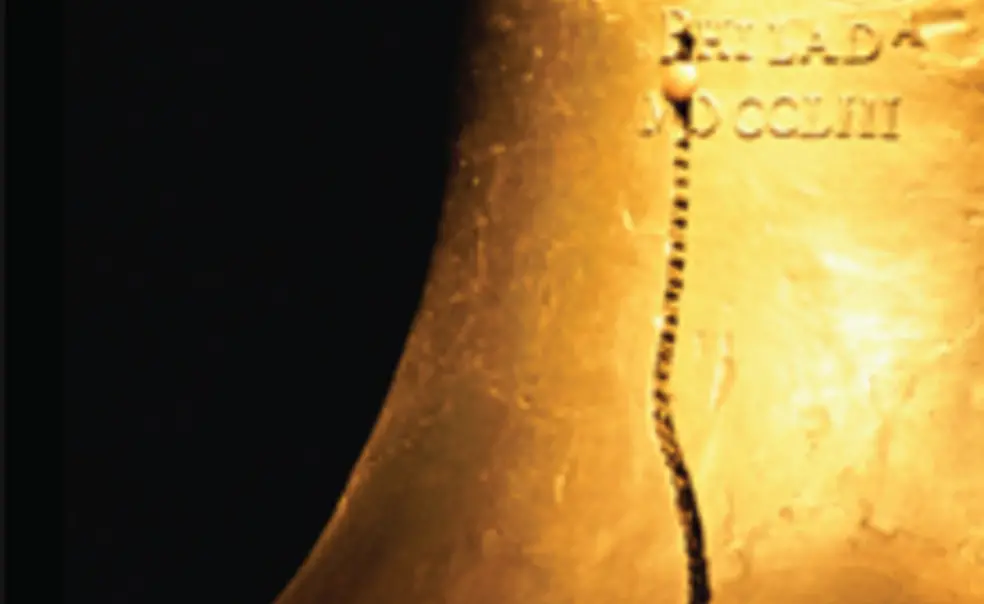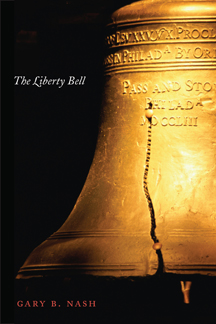New book explores the Liberty Bell's iconic history
New Book: The Liberty Bell, by Gary B. Nash ’55 *64 (Yale University Press)
The author: A professor of history and director of the National Center for History in the Schools at UCLA, Gary Nash has written on ethnicity, class, gender, and religion in American history. A native of Philadelphia, he has served as guest historian to the Historical Society of Pennsylvania. Each summer he leads public school teachers on tours of Philadelphia, helping them bring history alive to their students. He also has written The Unknown American Revolution: The Unruly Birth of Democracy and the Struggle to Create America and The Urban Crucible: Social Change, Political Consciousness and the Origins of the American Revolution.
The book: In The Liberty Bell, a history of the American icon and its precarious journey to becoming a symbol of American identity, Nash describes the bell's origins -- how the first one cracked and was recast, the events for which it tolled leading up to the revolution, and how it was hidden during the British occupation of Philadelphia. He explores the bell's path from being considered useless at one point and as a result was nearly demolished -- to its becoming a symbol of liberty that abolitionists seized on in their efforts to end slavery in America.
Nash also recounts its lesser-known history of seven trips around the nation and the varied roles the bell has played in the life of the United States.
Reviews: Booklist called The Liberty Bell "solidly researched, fluidly written. ... In this fascinating history, Nash parallels the bell's material story to that of the meaning attached to it." Los Angeles magazine wrote: "It's broken, and silent, and brimming with significance, and the eminent UCLA historian tells the bell's rich, captivating story."
Opening lines: "It is America's most famous relic, a nearly sacred totem. Several million people each year make a pilgrimage to see it, often dabbing their eyes as they gaze at it intently.
"Everywhere around the world it is regarded as a universal symbol of freedom. As icons go, there's nothing quite like it short of the Rosetta Stone or the Holy Grail.
"It began inconspicuously; it nearly ended up in the scrap heap; it cracked and lost its voice; it was all but forgotten. But then, gradually, it became a priceless national treasure."
By Katherine Federici Greenwood













No responses yet